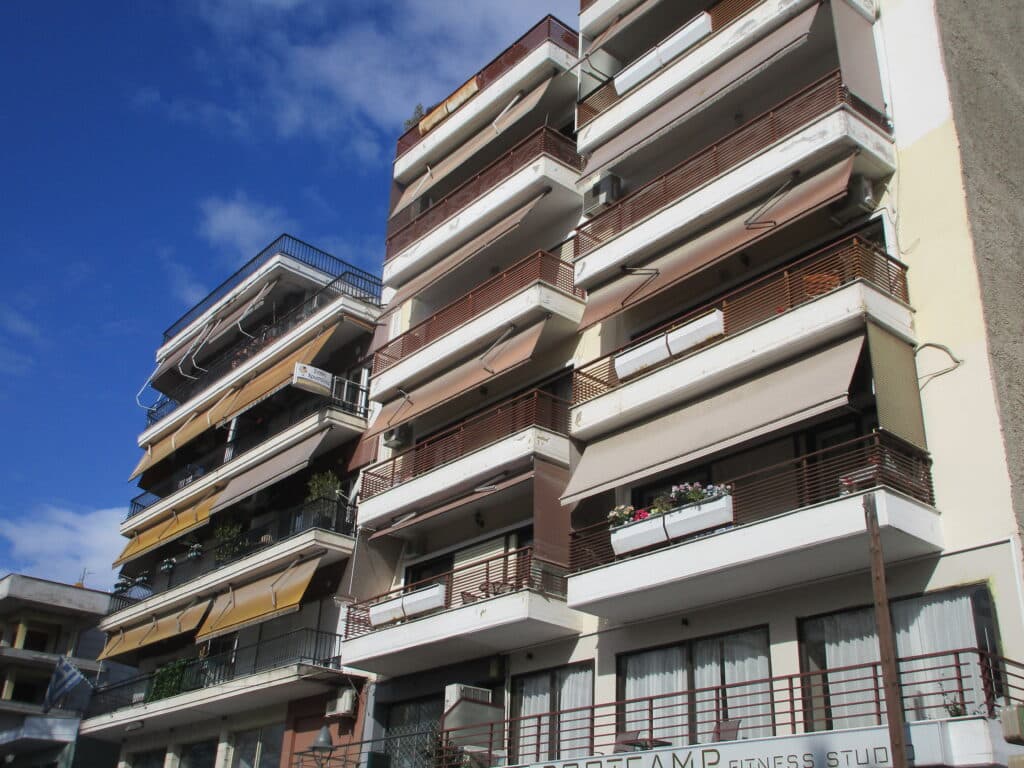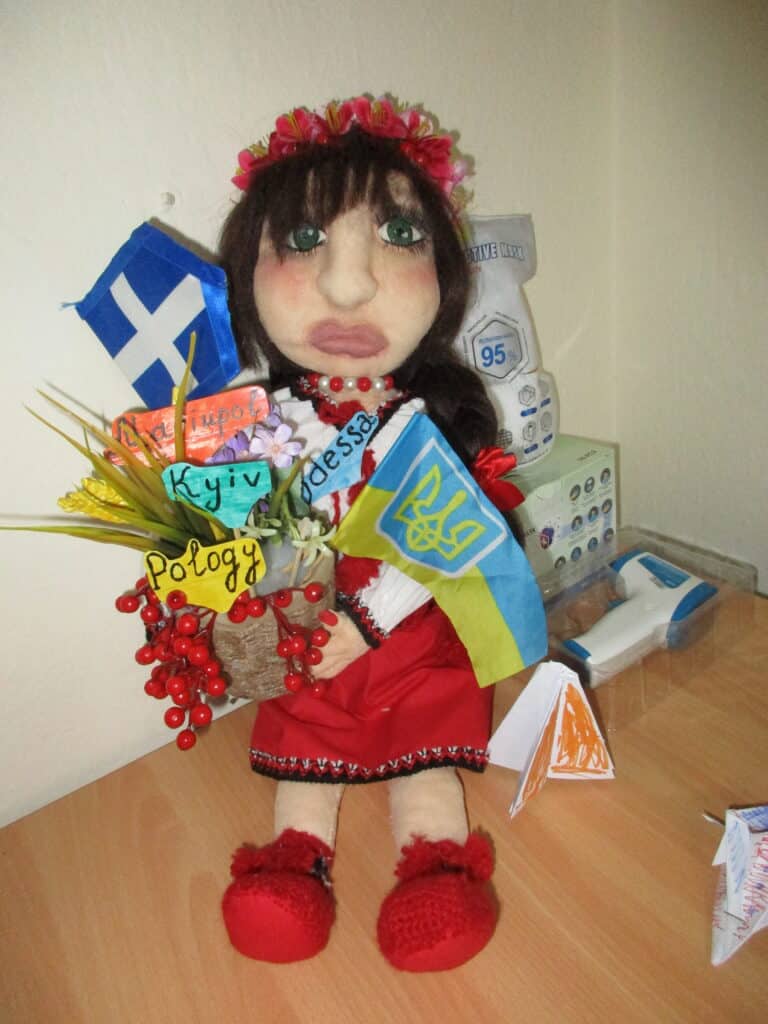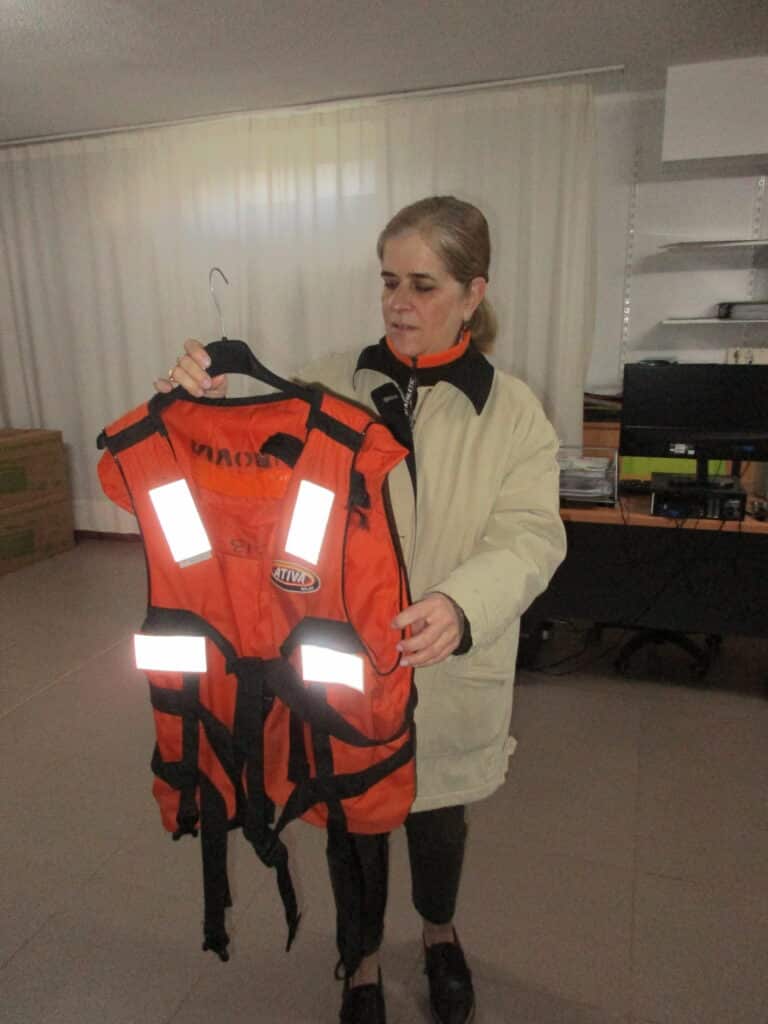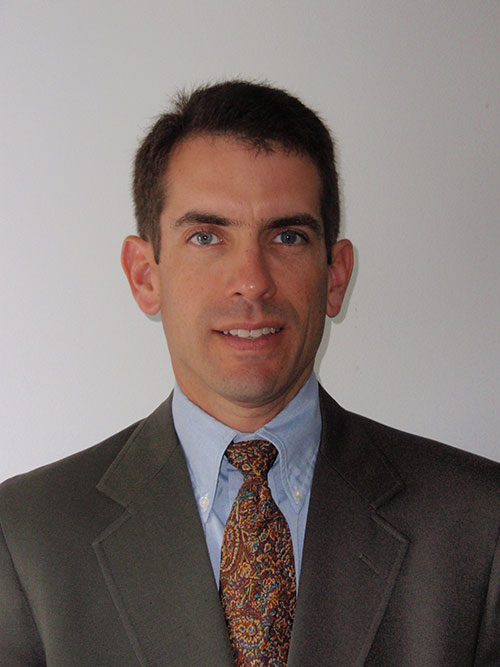Tracking the UCC Ukraine response

Days 6 & 7
Greece
by Peter Makari
From Hungary, we traveled to northeast Greece, to the city of Katerini where the local congregation of the Evangelical Church of Greece established Perichoresis to welcome refugees during the 2015 influx of Middle Eastern refugees into Europe. Currently, they are supporting families who have made it to Greece having fled Ukraine, and the UCC is sharing in that effort. Such support includes provision of an apartment for a family unit (including utilities), food, health and medical care, Greek and English language lessons, and psychosocial support for children. What was evident – and perhaps most important – was the care and love the Perichoresis staff has for the people they have welcomed, just as they welcomed us on this visit.

The Evangelical Church in Greece traces its roots in the 19th century back to the presence of the American Board of Commissioners for Foreign Missions, which is the UCC’s Wider Church Ministries today. Even though the Evangelical Church is small in numbers – barely 1% of the mostly Greek Orthodox population in Greece – they offer a faithful witness which draws on their own experience. Almost all of the Protestant families in Katerini arrived there a century ago from the Black Sea coastal area of Anatolia, the biblical area of Pontus in modern Turkey, in a population exchange that sent Christians from Turkey to Greece and Muslims from Greece to Turkey. They know from their own history what it is to be forcibly displaced, and they are motivated by that memory as newly uprooted people arrive in their community.
This weekend, we visited two families who have been received by Perichoresis with support from the UCC and the Christian Church (Disciples of Christ) through Global Ministries. They received us warmly in their apartments, and shared their experiences of war and relocation. Both families included a mother and two children – one teenager and the other a young child. The husbands were not present as they are still in Ukraine. Perichoresis’ translator is also Ukrainian. Olena* and her two children, daughters 15 and 3 years old, arrived over land from Mariupol. After three months in a refugee camp near the Greek border they came to Katerini. In tears, Olena recalled her father’s business where she worked that installed wells and built wind farms. Her husband, parents, and sister are still in Kiev. Mariya* is a lawyer and is in Greece with her 19-year-old daughter and 2-year-old son. She left the Zaporizhia region in early April after the Russians completely destroyed her hometown in March. Her harrowing tale has contributed to health problems, and decreased social engagement by her daughter. She told us, “It is hard to have everything, then lose everything.”

Perichoresis is a term that refers to the intermingling nature of the three persons of the Trinity. It can mean “rotation” or “co-inherence” but also can more simply mean “encompassing.” Our partner may have chosen the name to illustrate their inter-relatedness with their displaced siblings, and clearly they have embraced each other. Alexandra Nikolara, the founding director of Perichoresis, offered a hug and comfort to Olena as she related her experience to us, and support and friendship to Mariya in her struggles. Neither family is alone. “They lost their country, but they didn’t lose their lives,” Theophilos, a volunteer and board member of Perichoresis told us. The Greek government does not offer much for newly arrived refugees, but Perichoresis – on a small scale – is doing what it can to live out their love of neighbor.
*Names have been changed.

Peter Makari, Global Ministries Executive for the Middle East and Europe, is part of a four-person United Church of Christ delegation meeting with global partners in Europe to see how UCC gifts are being used to help the people of Ukraine.